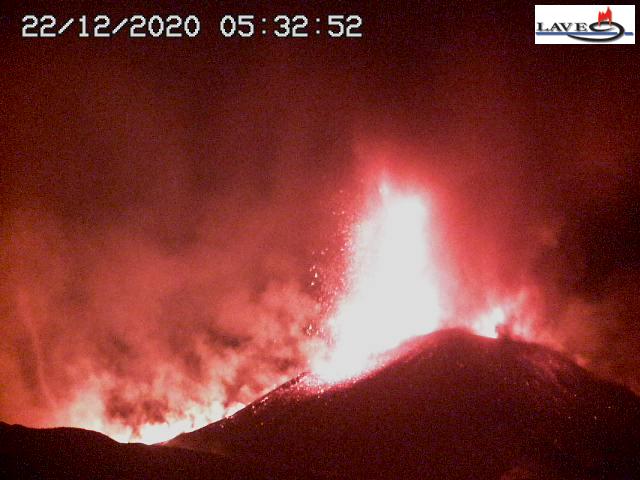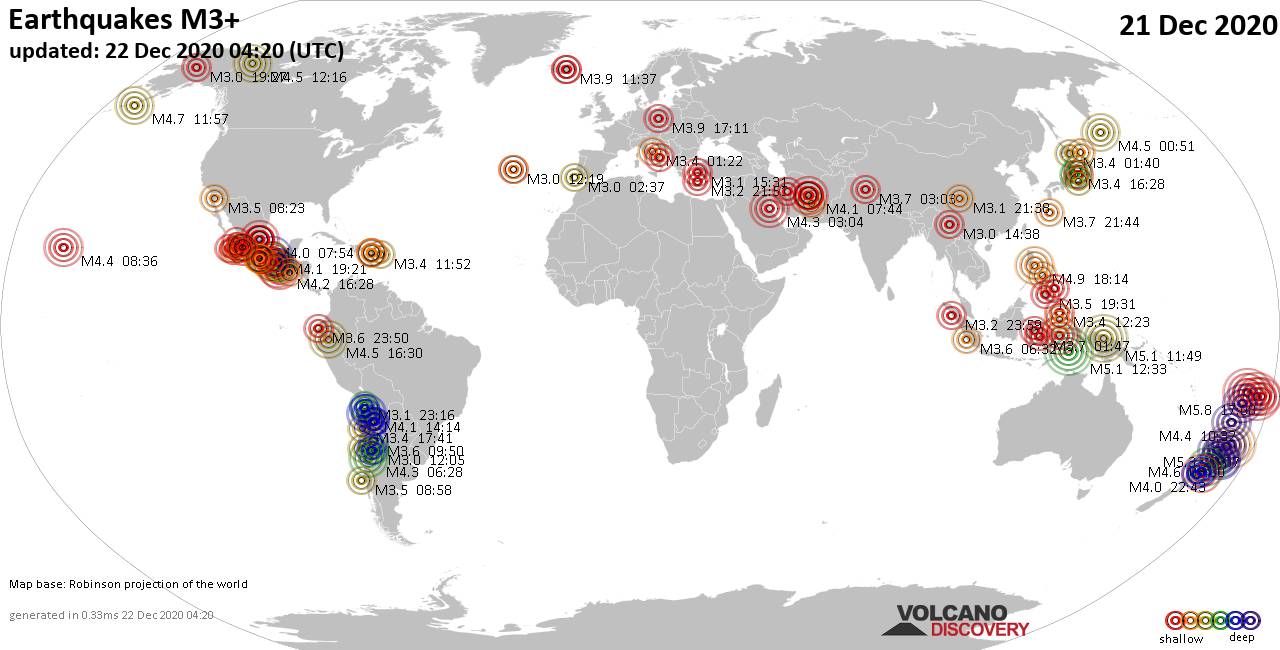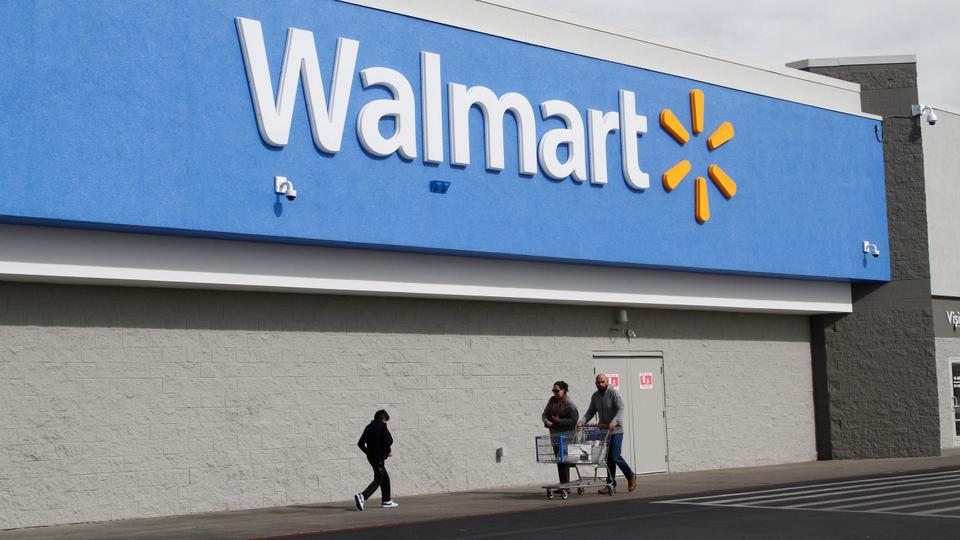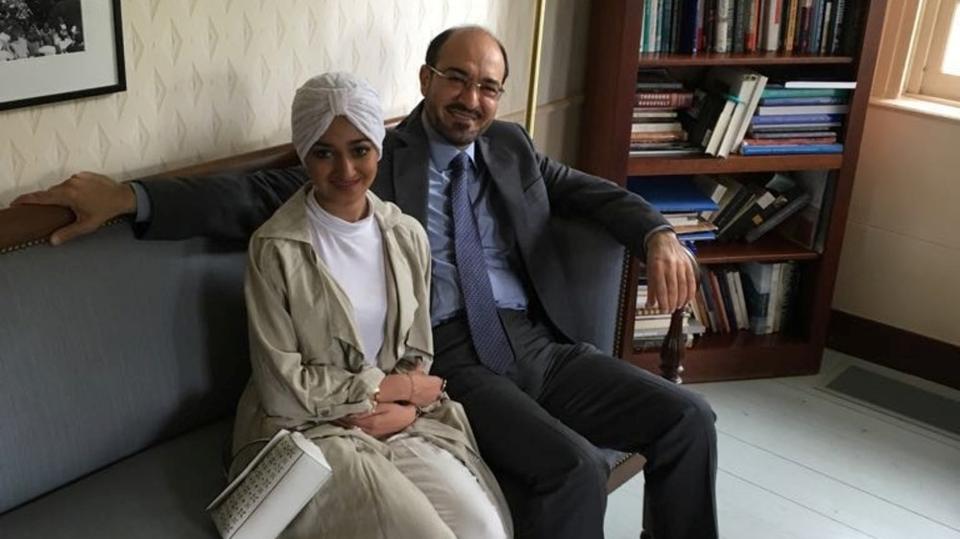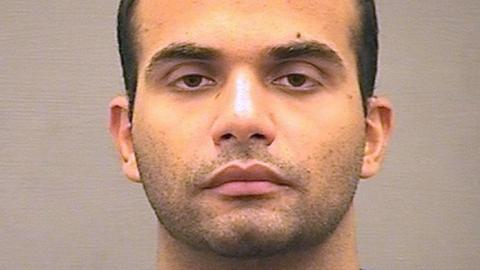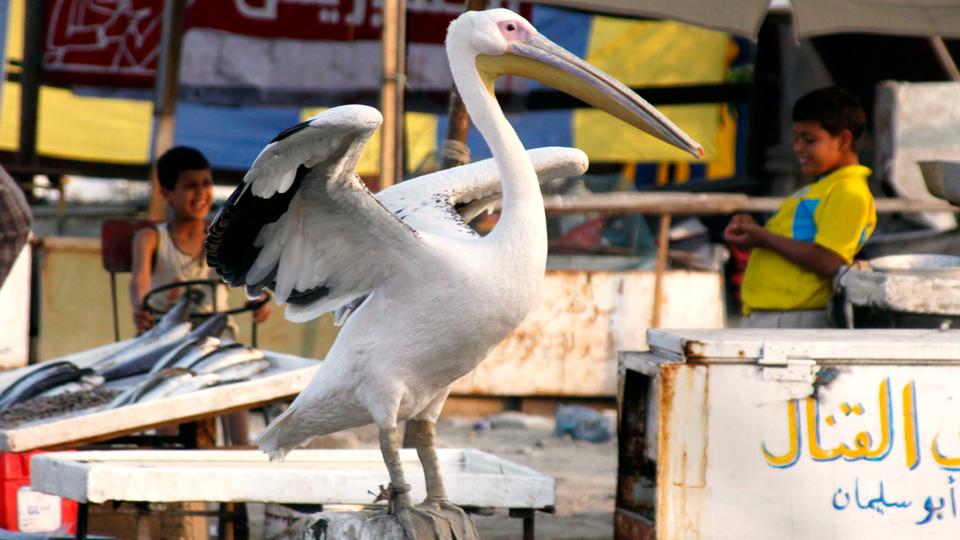Ryukyu Islands, Japan, 29.64°N / 129.72°E
Current status: minor activity or eruption warning (3 out of 5)
Suwanose-jima webcams / live data | Reports
Volcano videos
Books
Suwanose-jima volcano eruptions:
2004 (Oct) - ongoing: intermittent strombolian-type activity
Since 1949: essentially continuous activity
2000 (Dec) - Jul 2004 (Jul): strombolian activity, 1999 (Jan-Feb, June), 1996 (Dec) - 1997 (Apr), 1949-96, 1940, 1938, 1934 (?), 1925, 1921-22, 1915 (?), 1914 (?), 1889, 1885, 1884, 1877, 1813-14 (sub-plinian Bunka eruption), around 1600 AD (large explosive eruption)
Typical eruption style:
explosive, strombolian
Last nearby quakes
Latest satellite images
Sentinel hub | Landsat 8
Suwanose-jima volcano, Japan, news & activity updates
Suwanosejima volcano (Ryukyu Islands, Japan): intense strombolian activity continues
Tue, 22 Dec 2020, 10:5510:55 AM | BY: MARTIN

Strong glow continues to be active at Suwanosejima volcano (image: JMA)

Intense strombolian activity at Suwanosejima volcano continues (image: @TaTohru/twitter)Intense explosive activity of the volcano continues characterized by near-constant eruptions.
Strombolian explosions become stronger than the average size of explosions at the volcano and more frequent at regular intervals of 2 to 4 per hour during the past few weeks.
An explosions generated an ash plumes which reached approx. 1,968 ft-3,937 ft (600 m-1,200 m) altitude and drifted SW. Some of a lava bombs were ejected as far as 800 m away from the crater.
In addition, the activity is accompanied with a strong glow from the Otake crater that suggesting rise of flux of magma within the volcano.
The warning bulletin states that ballistic impacts of volcanic bombs and pyroclastic flows could affect an area of about 1 km distance from the main crater.
Source: Japan Meteorological Agency volcano activity update 22 December 2020
All news about: Suwanose-jima volcano
Information about: Suwanose-jima volcano
Previous news
Tue, 22 Dec 2020, 06:15
Suwanose-jima Volcano Volcanic Ash Advisory: ACTIVITY CONT. VA AT 20201222/0600Z OVER FL040 EXTD

Mon, 21 Dec 2020, 18:15
Suwanose-jima Volcano Volcanic Ash Advisory: ACTIVITY CONT. VA AT 20201221/1800Z OVER FL040 EXTD
Mon, 21 Dec 2020, 06:15
Suwanose-jima Volcano Volcanic Ash Advisory: ACTIVITY CONT. VA AT 20201221/0600Z FL040 EXTD S OBS VA DTG: 21/0550Z

Sun, 20 Dec 2020, 19:30
Suwanose-jima Volcano Volcanic Ash Advisory: EXPLODED AT 20201220/1903Z FL040 EXTD S OBS VA DTG: 20/1900Z

Sun, 20 Dec 2020, 08:15
Suwanose-jima Volcano Volcanic Ash Advisory: ERUPTED AT 20201220/0753Z OVER FL060 EXTD SE OBS VA DTG: 20/0750Z
 View of the active south pit with a little lava fountain (Benbow volcano, Ambrym, Vanuatu) (Photo: T...  Wonderful strombolian activity at Anak Krakatau. Night of 6-7 June 09. (Photo: Tom Pfeiffer)  Sulphur crusted breadcrust bomb on the rim of Fossa volcano's crater, Vulcano Island (Photo: Tom Pfe... |
